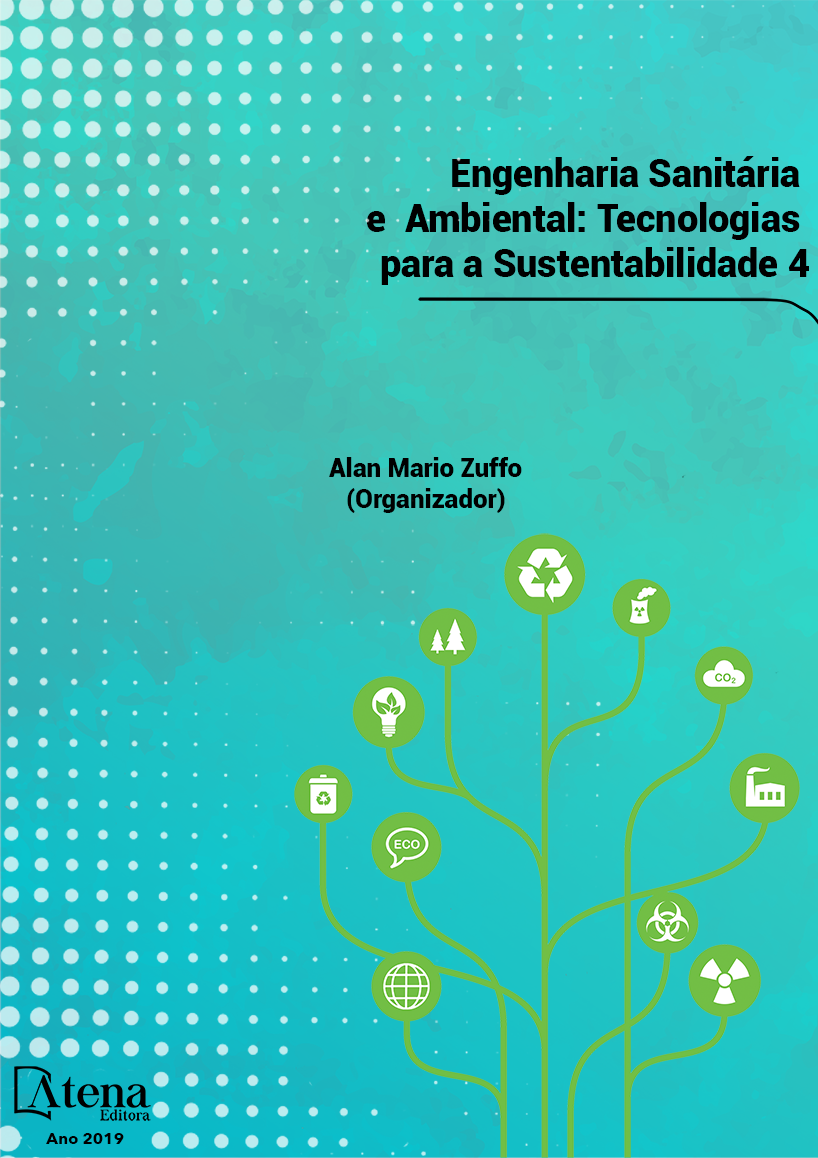
REÚSO DE ÁGUA EM EMPREENDIMENTOS DE LAVAGEM DE VEÍCULOS
Os lava-jatos são empreendimentos
comuns na região de Irecê (semiárido baiano),
e a atividade vem crescendo, sendo grande
consumidora de água potável, competindo o
uso com o abastecimento humano. A atividade
é potencialmente poluidora dos recursos
hídricos, necessitando de regularização, gestão
de resíduos, tratamento e reúso de água. Diante
dessa problemática, desenvolveu-se um projeto
piloto de baixo custo para reúso e tratamento de
efluentes em um lava-jato em Irecê. O projeto
foi implantado em setembro de 2014 e continua
funcionando desde então. A capacidade de
tratamento do projeto é de 1,0 m³/hora. As
tecnologias de tratamento adotadas foram
similares àquelas utilizadas em abastecimento
público, a exceção apenas do controle de
salinidade pela adição de água potável ou de
chuva. O projeto tem se mostrado eficiente
no processo de tratamento e clarificação
do efluente, no que se refere a parâmetros
como cor aparente, turbidez e pH, oferecendo
redução significativa no custo e consumo de
água potável. Dessa forma, apresenta-se
como alternativa para implantação em outros
empreendimentos de “lava-jatos” em Irecê e
região, contribuindo significativamente para o
desenvolvimento sustentável e a preservação
dos recursos hídricos.
REÚSO DE ÁGUA EM EMPREENDIMENTOS DE LAVAGEM DE VEÍCULOS
-
DOI: 10.22533/at.ed.5241911049
-
Palavras-chave: Reúso; Água; Lavagem de veículos.
-
Keywords: Reuse; Water; Washing of vehicles
-
Abstract:
Car washes are common
enterprises in the region of Irecê (semi-arid
Bahia), and the activity comes growing, being
great consumer of drinking water, competing
the use with the human supply. The activity is
potentially polluting water resources, requiring
regularization, waste management, treatment
and reuse of water. In the face of this problem,
a low-cost pilot project was developed to reuse
and treatment of effluents in a jet lavatory
in Irecê. The project was implemented in
September 2014 and continues to function ever
since. The treatment capacity of the project is
1.0 m³ / hour. The were similar to those used for
public supply, with the control of salinity by the
addition of drinking water or rainfall. The project
has proved to be process and clarification of
the effluent, with respect to parameters such
as apparent color, turbidity and pH, offering a
significant reduction in the cost and consumption
of drinking water. In this way, it is presented as alternative to other “jet-wash” projects in
Irecê and sustainable development and the preservation of water resources.
-
Número de páginas: 15
- Ailton Braz da Silva
- ANTONIO DE FREITAS COELHO


